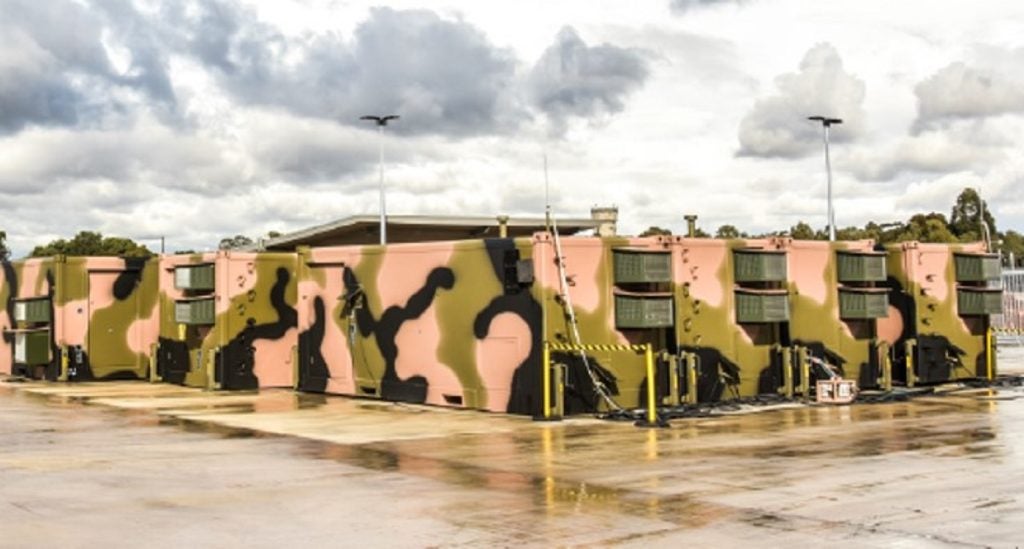Indra delivers two readily deployable laboratories to the Australian Defence Force (ADF), allowing the Army to analyse improvised explosive devices (IEDs) and other articles with the same effect.
The supplier designed these ‘Weapon Technical Intelligence’ laboratories (WTIs) to carry out the controlled exploitation of IEDs, collect and analyse evidence, provide critical attack information and identify the supply chain.
WTI assets provide the means to technically, tactically and forensically determine the components involved and recover traces of material related to the manufacture and handling of the devices. The ADF can also use these laboratories for other events, such as natural disasters.
The Australian Army’s two new systems are based on a container solution. The containers consist of robust ISO 20 shelters certified for any standard mobile logistics platform currently in use in the ADF and meet stringent environmental requirements for deployment anywhere in the world.
“The real value of this system lies in the fact that it provides… equipment and operating methods in a modular and scalable deployment configuration.
“The laboratory… provides the operation’s commanders with rapid and actionable intelligence on the improvised explosive devices in situ, which could allow them to enter the attack cycle of their adversaries.
“It’s an intrusive but non-destructive process, so it allows for deeper subsequent detonation”, explained Adam Taylor, the project manager,” explained the Project Manager, Adam Taylor.
Dealing with IEDs in the battlespace
“In today’s conflicts, IEDs play an increasingly important role and will continue to be part of the operating environment for future Nato military operations,” the Nato military alliance observed.
Some forces with asymmetrical tactics have used these unconventional explosives, such as Afghanistan. “Nato must remain prepared to counter IEDs in any land or maritime operation involving asymmetrical threats, in which force protection will remain a paramount priority,” it added.
The Royal United Services Institute explained that “there are a number of reasons why IED development should be researched in more detail.
“Primarily it is simply because the problem will not go away. Secondly, if one can understand what drives the bomb design and development process, one may well be able to influence the attack capability of a particular group by applying counter-terrorist measures.”
An ADF guideline from 2017 that provides information on dealing with IEDs states that “recent counter-terrorism arrests and prosecutions in Australia demonstrate the ongoing appeal of IEDs to Australia-based violent extremists and, accordingly, the ongoing threat of terrorism. A number of recent counter-terrorism arrests include charges related to plots involving IEDs and explosives.”









